Concerns in Valdeolea, Cantabria: Repeated Wolf Attacks on Livestock Now Include a Bear
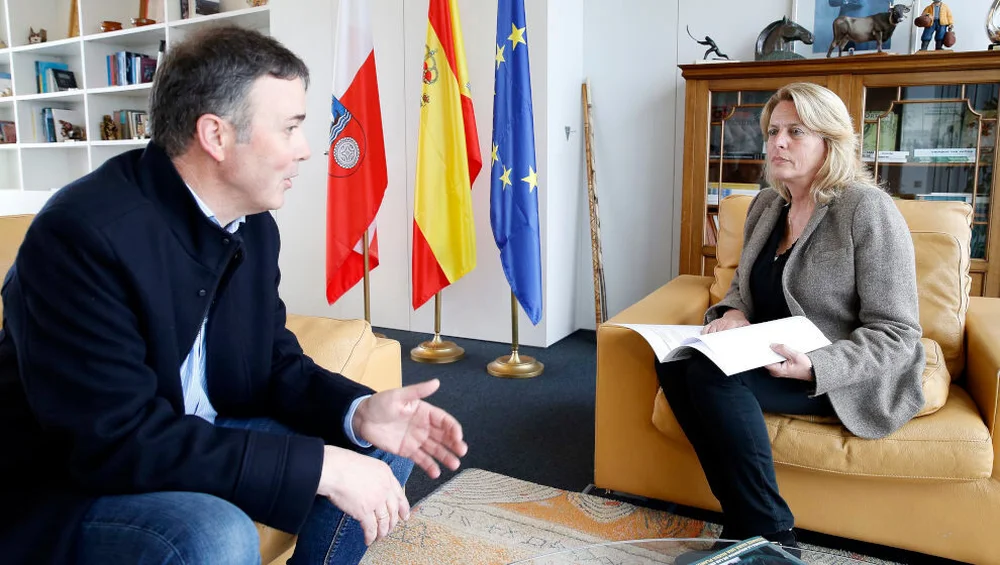
In the rural town of Valdeolea, located in the autonomous community of Cantabria, Spain, local residents and livestock farmers are facing a growing concern due to a series of attacks on their livestock. These attacks, which have been attributed to wolves, have recently taken a more alarming turn with the involvement of a bear.
The Wolf Attacks
Over the past few months, the region has seen a significant increase in wolf attacks on livestock. These incidents have caused substantial losses for local farmers, who are already struggling with the economic and logistical challenges of rural farming. The wolves, which are protected species in Spain, have been targeting sheep and other livestock, leaving farmers with little recourse but to seek compensation and protective measures.
The Recent Bear Incident
In a recent and alarming development, a bear has also been implicated in one of the attacks. This is particularly worrying as bears are less common in the area and their presence adds an additional layer of complexity to the already challenging situation. The bear, believed to be a European brown bear, is thought to have wandered into the area from the nearby Cantabrian Mountains.
Community Response
The community in Valdeolea is deeply concerned about these attacks and is calling for more effective measures to protect their livestock. Local authorities are under pressure to implement strategies that balance the protection of wildlife with the needs of farmers. This includes the potential use of fencing, guard animals, and compensation schemes for farmers who have lost livestock.
Environmental and Economic Impact
The presence of wolves and bears in the area highlights the delicate balance between conservation efforts and agricultural practices. While the protection of these species is crucial for maintaining biodiversity, it also poses significant challenges for rural communities. The economic impact on farmers is substantial, and there is a growing need for sustainable solutions that protect both the wildlife and the livelihoods of the local population.
Government and Community Collaboration
To address these issues, there is an increasing need for collaboration between local authorities, conservation groups, and farmers. This includes education programs, support for protective measures, and compensation schemes to help farmers mitigate their losses. The goal is to find a balance that allows for the coexistence of wildlife and agricultural activities, ensuring the long-term sustainability of both.
As the situation in Valdeolea continues to evolve, it remains a critical example of the complex relationships between human activities, wildlife conservation, and rural development in Spain.
Related Stories
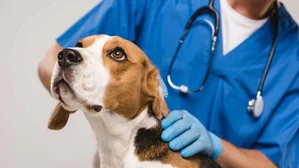
Veterinarians Denounce Spanish Law for Endangering Animals
Spanish veterinarians criticize the Animal Welfare Law for failing to protect hunting dogs, exposing them to abuse and neglect, with protests planned to demand change.

How to Prevent Your Dog from Biting or Destroying Furniture: Essential Tips for Expats in Spain
Expats in Spain can prevent their dogs from biting or destroying furniture with training, exercise, and understanding their behavior.
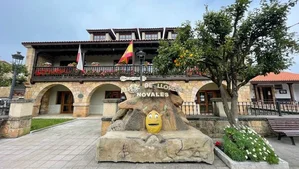
Municipal Council to Subsidize Farmers for Using Mastiff Dogs to Protect Against Wolf Attacks in Saja-Besaya
Saja-Besaya council to subsidize farmers for using mastiff dogs against wolf attacks, aiming to protect livestock and balance ecosystem needs.
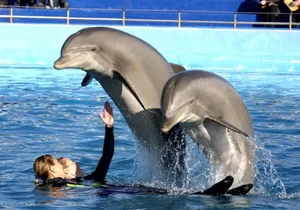
Madrid Zoo Bids Farewell to Beloved Dolphins
Madrid Zoo mourns the loss of its cherished dolphins, marking a significant moment for both the zoo and its visitors, as they remember the animals' legacy and impact on marine conservation.
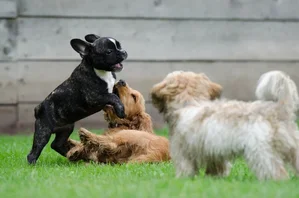
Veterinarians in Spain Protest New Regulations on Animal Medications
Spanish veterinarians protest against new animal medication regulations, demanding reforms to improve their profession and animal welfare.